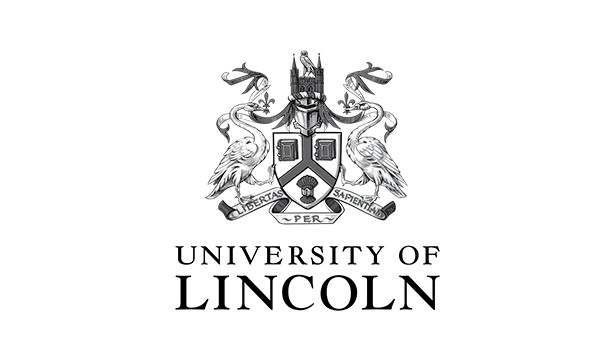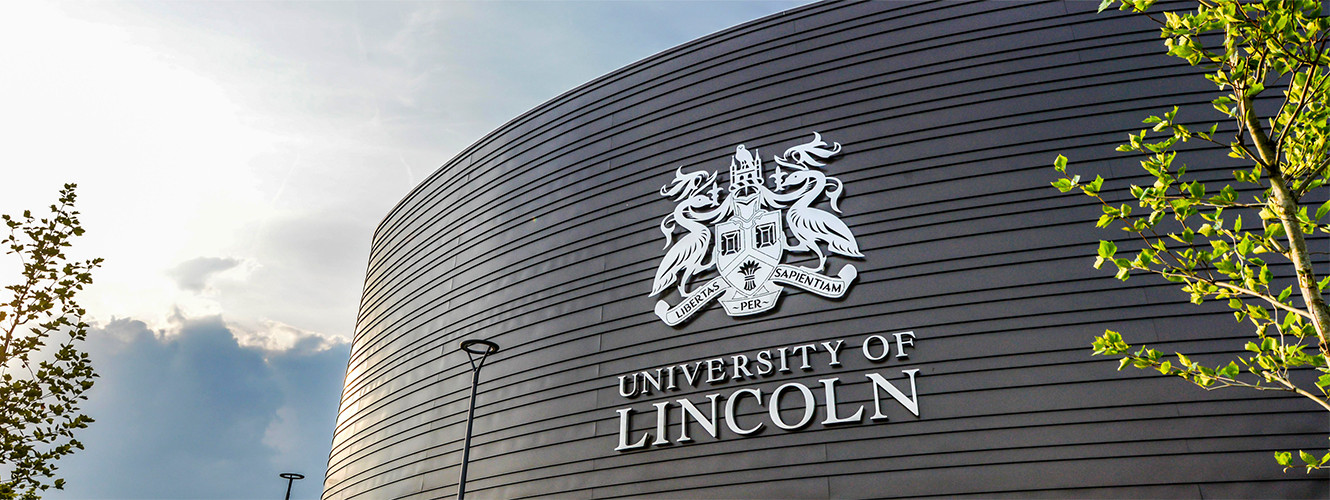UK65 BSc (Hons) Animal Behaviour and Welfare University of Lincoln
-
THÔNG TIN CHUNG
The scientific study of animal behaviour and welfare furthers our understanding of why animals behave in the way that they do, and helps us learn how best to respond to the challenges that animals face when living in captive and wild environments.
This degree employs a multi-disciplinary, research-driven approach to the study of animal behaviour and welfare. The course aims to help students develop the knowledge and skills needed to understand animal behaviour and welfare, working, for example, with insects, reptiles, birds, and mammals.
It is informed by academics who are considered to be at the forefront of their respective fields in welfare assessment, animal management, evolutionary biology, and animal cognition. This includes leading experts Professor Daniel Mills, who specialises in clinical animal behaviour; Professor Anna Wilkinson, who specialises in animal cognition; and Professor Oliver Burman, who specialises in assessment of animal welfare.
There are two residential field trips in the UK, enabling students to study animals in the wild. These trips are part of two core modules. For UK based field trips the University will cover costs of transport, accommodation and meals at the field site.
There is also an overseas field trip available in your final year as part of the optional 'Overseas Field Course' module. This allows students to observe and study the behaviour of animals in their natural habitat. Further details can be found in the Features section.
Placement Year
All full-time Animal Behaviour and Welfare students may take an optional placement year between the second and third year of the programme. These placements are student-led though students will be continuously supported by academic staff throughout. Placements provide the opportunity to gain workplace experience and a chance to hone students' skills in a professional environment. When students are on an optional placement in the UK, they will be required to cover their own transport, accommodation, and meals costs.
-
CƠ HỘI NGHỀ NGHIỆP
Graduates have gone on to work in both practical and research roles that involve the management, welfare, training, and conservation of companion, farm, and wild animals. Some graduates choose to continue their studies at Master’s or PhD level at the University of Lincoln, including our MSc in Clinical Animal Behaviour.
- ĐIỀU KIỆN ĐẦU VÀO
- ĐIỀU KIỆN NGÔN NGỮ
- HỌC BỔNG
- ĐỊA ĐIỂM
Tóm tắt
-
Phí ghi danh
0
-
Độ dài khoá học
3 năm
-
Kỳ nhập học
Tháng 9
Phí Cơ Bản
-
Loại Tiền
-
Học Phí
Trên năm -
Phí Sinh Hoạt
Trên năm -
Tổng






